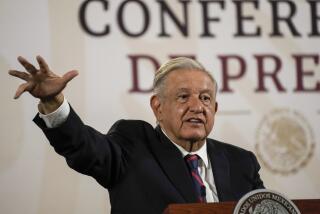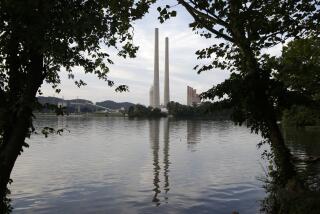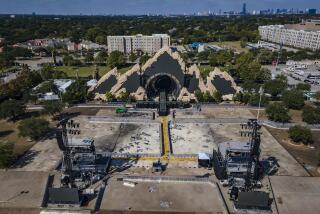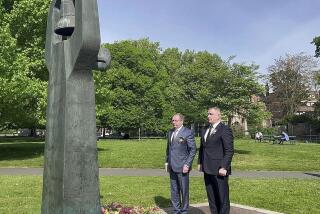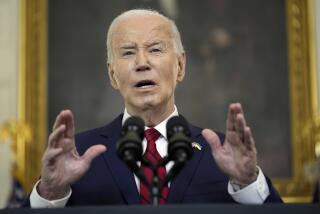Hun Sen asks Malaysia to accept Cambodian workers despite lack of protection
Cambodian Prime Minister Hun Sen has appealed to the Malaysian government to boost its intake of migrant workers from the Khmer kingdom, following the lifting of a threeyear moratorium that was enacted after a series of murders and abuse cases revealed widespread exploitation by employers.
The Cambodian leader made the request at a joint meeting on June 3 with Malaysian Prime Minister Najib Razak ahead of the 25th ASEAN World Economic Forum held in Kuala Lumpur earlier this month.
“Cambodia has expressed interest for Malaysia to allow more Cambodians to work in the country. We have accepted the offer, especially in the field of domestic maids,” said Najib, without specifying numbers, at a joint press conference held with Hun Sen.
The pending deal comes a year after a 2011 ban to stop the flow of people, which was enacted amid a rash of abuse cases in which victims had little or no legal redress in the Malaysian system, according to Human Rights Watch (HRW).
In one case, a Malaysian couple beat and starved their 29yearold Cambodian maid to death, and her bruised corpse was found weighing less than 30 kilograms, in a practice of maltreatment that local Women’s Aid Organization (WAO) says is not uncommon among Malaysian employers.
“Abuse of migrant domestic workers is a recurring phenomenon in Malaysian society. The abuse occurs on several different levels; psychological, physical and economic, and is of growing concern,” says the WAO on their website, noting the example of one woman who lived in a small cagelike enclosure and was only let out to work.
HRW also noted in a 2011 report that Cambodian domestic workers, of whom there are some 50,000 in Malaysia, rarely received their full salaries and were forced to work up to 21 hours per day.
Yet with more than 80 percent of Cambodian residents living with precarious or unstable livelihoods, according to the International Labor Organization, Hun Sen’s administration revoked the ban in 2014 despite the continued absence of Malaysian laws to protect foreign laborers.
“Being prime minister, he should think about creating jobs or creating opportunities within the country for his own people, not asking the foreign government to recruit labor from our country,” said Moeun Tola, the Executive Director of labor rights group Central, as cited by the Phnom Penh Post newspaper.

